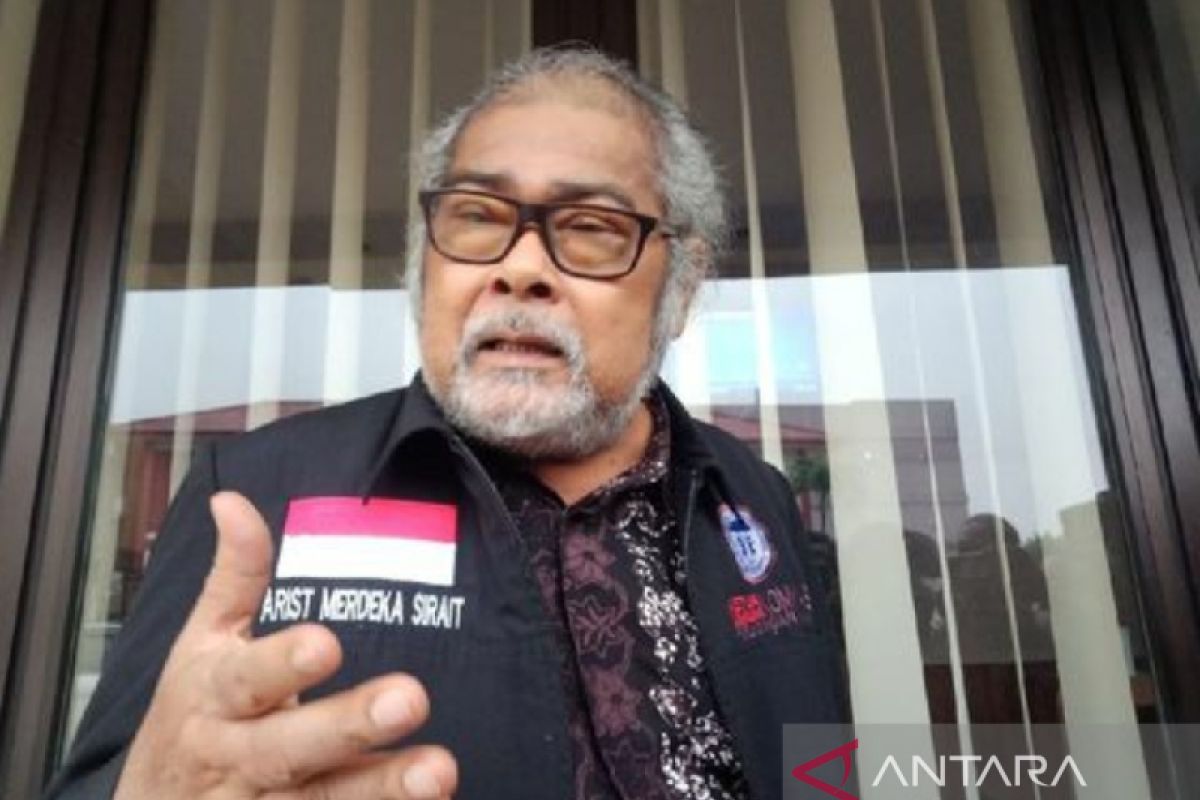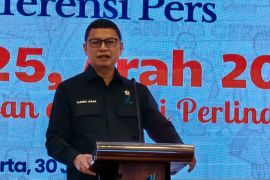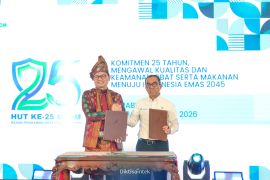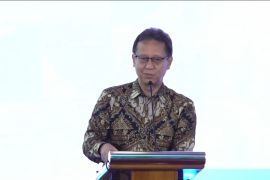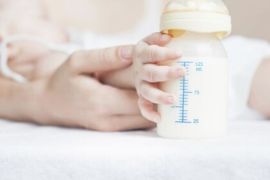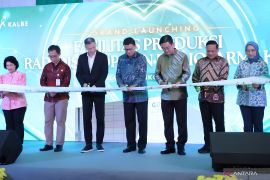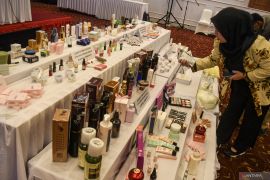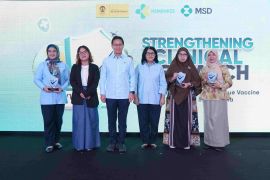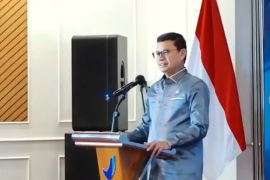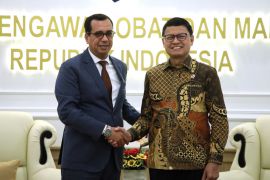"It is necessary to immediately give the 'free BPA' label that is in line with the BPOM regulation aimed at protecting consumers," Chairperson of KPAI Arist Merdeka Sirait remarked during a discussion on protecting children's health from BPA here on Saturday.
Sirait explained that the BPA labeling will be focused on reusable or refillable water gallons made of polycarbonate.
The KPAI expressed its concern as these refillable gallons in circulation have been exposed to the sun, triggering the BPA to be released or migrate from the packaging to its content.
According to Sirait, being exposed to plastic packaging having a high content of BPA can damage the fetus in addition to increasing the risks of breast cancer and hormonal disorders in adults. In addition, it can affect fertility, as it contributes to producing low-quality embryos.
Not only in adults, Sirait pointed out that the use of plastic packaging containing BPA can also disrupt brain function and the prostate gland in fetuses, babies, and children.
"These chemicals can affect a child's behavior, with a greater correlation of behavioral disorders occurring between the ages of zero and 12," he remarked.
He believes that it is pointless to use BPA-free cutlery and milk packaging if the water used or consumed is contaminated with BPA from reusable gallons.
"Children's immune system is not perfect as adults, (and) should not tolerate any BPA levels," he emphasized.
Earlier, University of Indonesia economic and business expert Tjahjanto Budisatrio stated that BPA migration should be listed in the quality testing of Indonesian National Standard (SNI) on packaged drinking water, especially in the form of polycarbonate or hard plastic gallons.
Related news: Behavioral change vital to eliminate single-use plastic: ministry
Related news: Indonesia reduces 28.5% plastic waste entering sea in 2021
Translator: Fitra A. Kenzu
Editor: Rahmad Nasution
Copyright © ANTARA 2022
